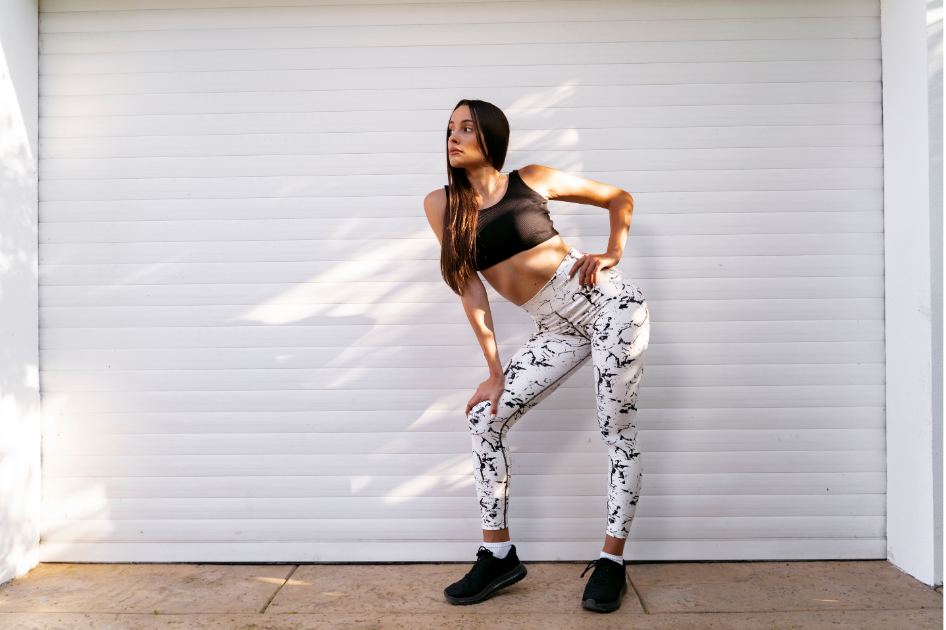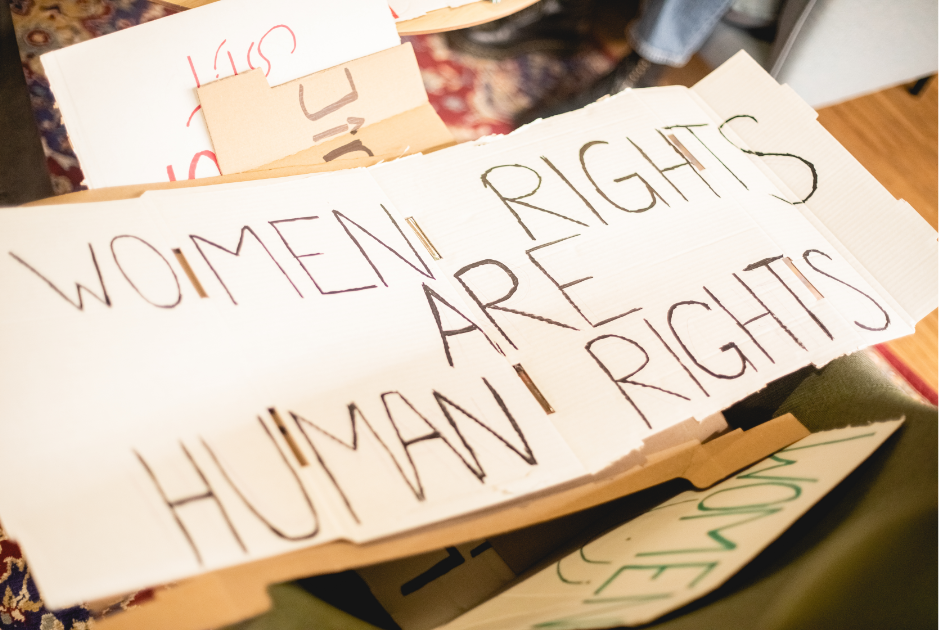Night owls, our world needs to start respecting you. Here are 4 reasons why.
Night owls, unite!
I am my cheeriest and most creative when most people are hitting the hay. But this is me if I'm forced out of bed by 7 a.m.:
"Ten more cups of coffee, please." Photo via iStock.
Yes, I'm a night owl. And I'm certainly not alone.
Many people have internal clocks that make it tougher to function in our 9-5 world. If you're like one of us, falling asleep and waking up at "reasonable" hours isn't reasonable at all. You shouldn't feel badly about that either — internal clocks naturally vary from person to person.
Society, however, doesn't like adhering to science (on this issue, at least). There are so many ways our world favors early birds over night owls. And frankly, it needs to stop.
Here are four reasons why we should make our world more accommodating for night owls.
1. Stereotypes about night owls and late sleepers are baseless and harmful.
You like to stay up late and sleep in, so you're lazy and on the fast track to failure. Right?
Photo via iStock.
Wrong. These backward notions are bologna. Yet they live on, making night owl-types feel less than. We're not!
In fact, some studies have suggested we might be more creative, "more intelligent" (researchers' words, not mine), and have bigger incomes than our early bird counterparts. So there.
2. Everyone wins when employers think of their workers less like robots programmed to turn on at dawn and more like, say, humans.
As I'm sure you know by now, many Americans don't get enough sleep. And, believe it or not, when these tired Americans — a disproportionate number of them night owls, I'd imagine — stumble into the office each morning with their eyes half-shut, they aren't on their A-game.
This collective sleepiness ends up costing us.
According to a study out of Harvard University, the U.S. economy sheds over $63 billion in productivity losses each year due to lack of sleep among workers. On the other hand, some research suggests more flexible work schedules make us happier, healthier, and — get this — even more productive.
Seems like a change is in order.
Photo via iStock.
The typical workday discriminates against late-sleeping night owls too, according to Camilla Kring. She's the founder of B-Society, a group that advocates for a more inclusive world for all sleep types — namely late risers or "B-persons," as she refers to us.
"[Early risers] have the competitive edge," she explained to Upworthy. "Most schools and workplaces are organized based on an 8 or 9 o'clock starting time. But why are we considered less productive if we prefer an active evening and calm morning? And why do [early risers] have the patent on discipline simply because they get up early?"
Good questions.
3. When schools start later, students excel. Just ask the CDC.
Nauset Regional High School in Massachusetts used to have a sleep problem.
“At one point, we asked teachers not to turn off lights or show movies,” former principal Tom Conrad told The Boston Globe this past March. "We didn’t want students to fall back to sleep."
So the school pushed its start time back from 7:25 a.m. to 8:35 a.m. And officials noticed big changes — immediately.
Photo via iStock.
Tardiness fell, grades went up, and more students showed up ready to learn.
This, I'm guessing, wouldn't surprise many folks at the CDC, which thinks far too many middle and high schools start too early, robbing students of vital rest. It recommends start times of, at the earliest, 8:30 a.m.
This makes sense — especially considering young people are naturally more night-owl-ish, so to speak.
When teens are experiencing puberty, melatonin is released into their systems later in the evening, and “this shift often makes many teenagers incapable of falling asleep before 11 at night,” Mary A. Carskadon, Ph.D., a sleep expert and researcher at Brown University, told Real Simple.
Teens, don't feel bad about hitting snooze. It's not you, it's this messed-up world we live in.
4. If you're not an "early to bed, early to rise" type, our society's 9-5 structure could be hurting your health.
"A circadian rhythm is not something you choose," as Kring pointed out. "It's something you're born with."
And when you miss out on those precious ZZZs because you're up late then forced to wake early, it could take a toll on your health.
Photo via iStock.
As the CDC notes, people who don't get enough sleep are disproportionately affected by a range of health complications — from diabetes and hypertension to depression and cancer.
We all deserve to get adequate shut-eye, regardless of when our internal clocks start and stop.
To be blunt, our world would be a better place if night owls were treated equally, damn it.
But don't take my word for it — take Kring's (who put it a bit more eloquently):
"Quality of life, health, infrastructure, and productivity would all improve if we offered people work hours matching their circadian rhythms."
Night owls, let's fight for our right to stay up late and sleep in later and put this issue to bed — once and for all.
To learn more about how B-Society's fighting to do just that, check out its website.





 What was I doing again?
What was I doing again? A space waitress at work.
A space waitress at work.  Waking Up Funeral GIF
Waking Up Funeral GIF Rihanna Nails GIF
Rihanna Nails GIF Yoga pants.Image via Canva.
Yoga pants.Image via Canva. Our natural lashes are nice just the way they are!
Our natural lashes are nice just the way they are! One step forward, many steps back. Image via Canva.
One step forward, many steps back. Image via Canva.  Homelessness is especially rampant on the West Coast.Image via Canva
Homelessness is especially rampant on the West Coast.Image via Canva